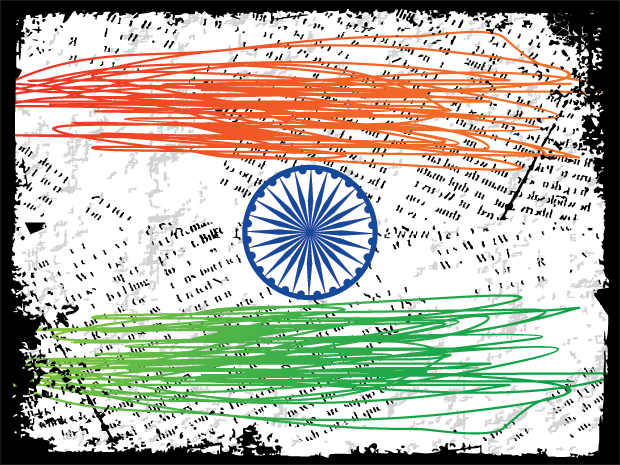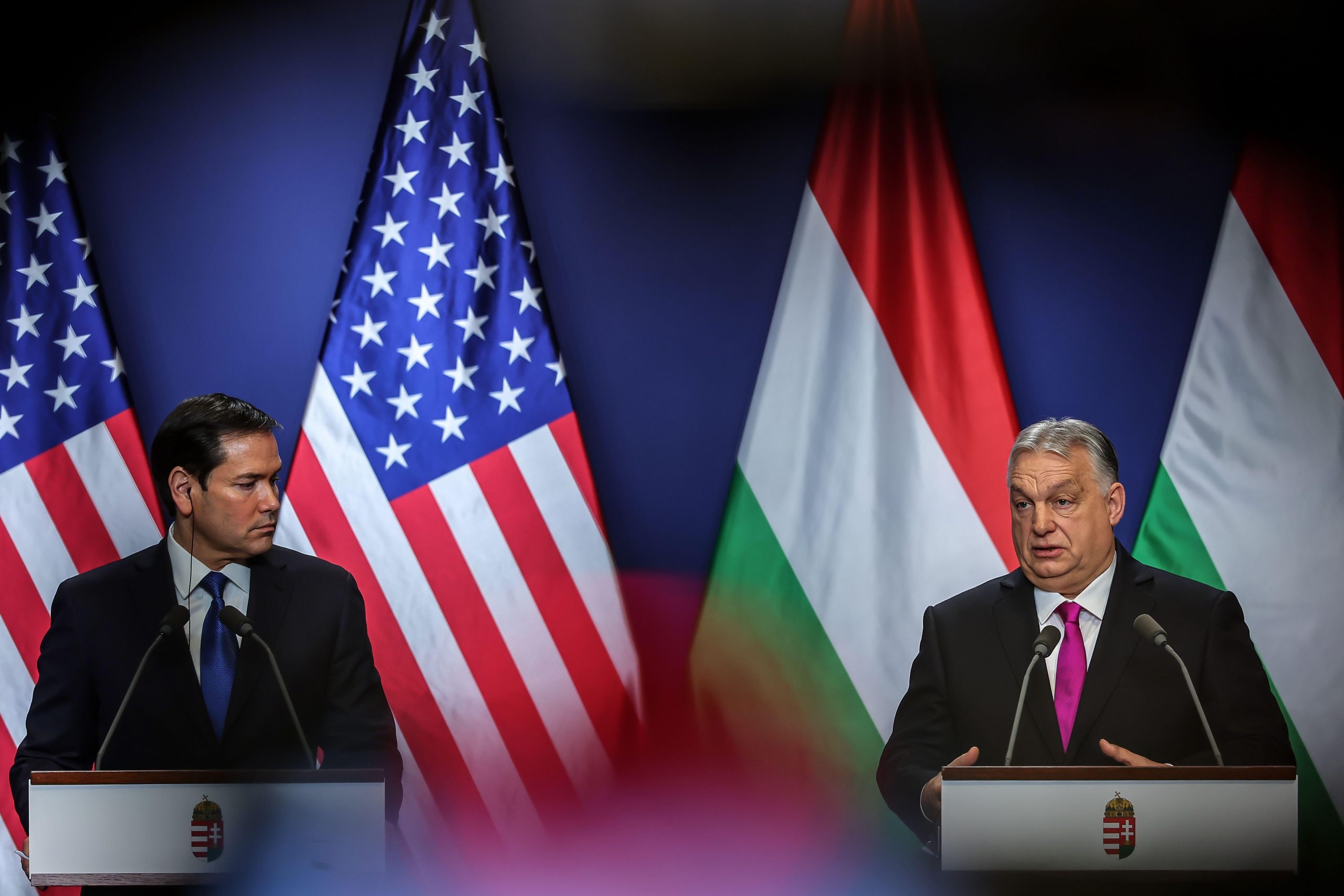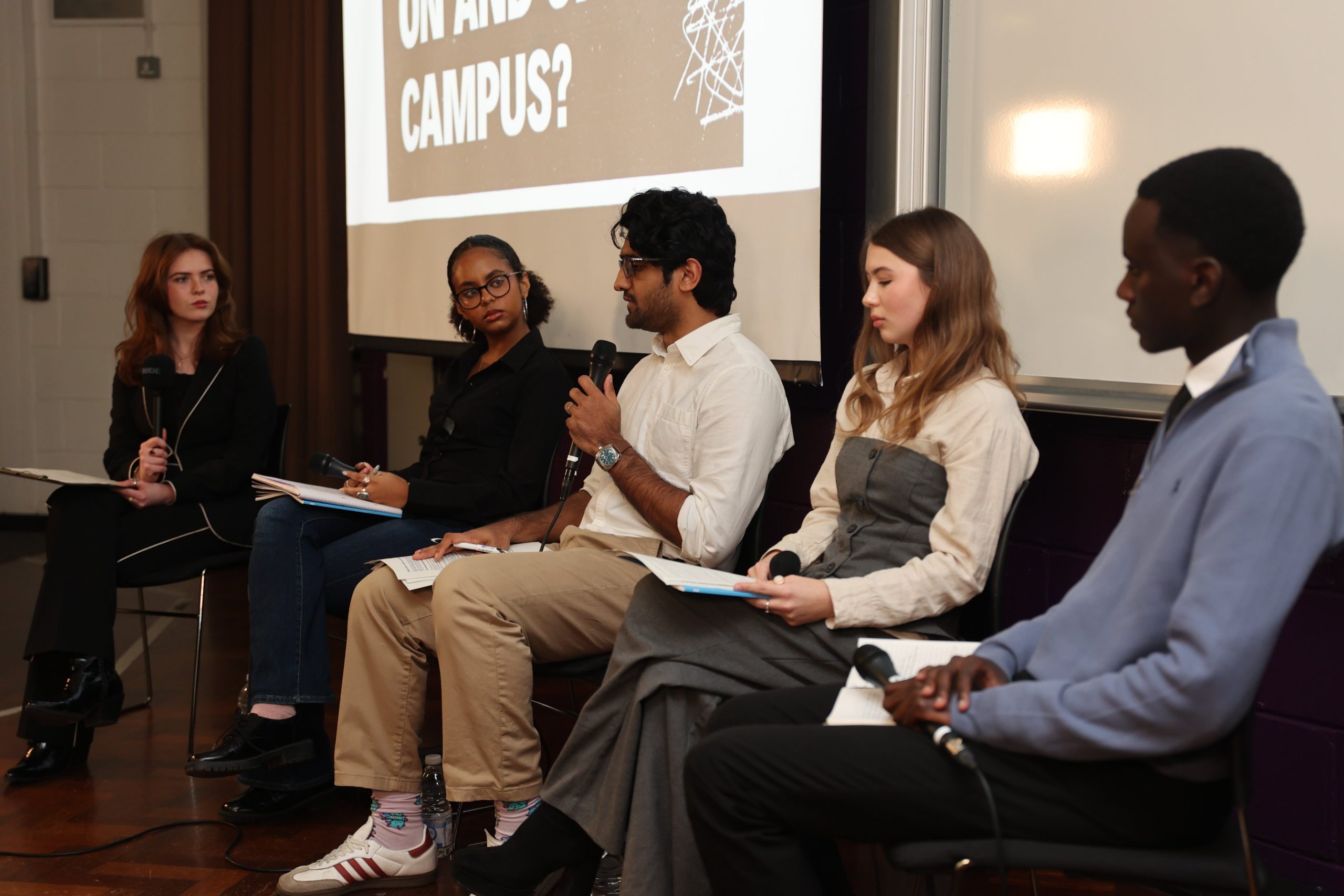
Step back to 23 February. In Delhi, the caretaker of Siddharth Varadarajan’s house was roughed up by goons who left a chilling threat. “Ask your employer to hold his tongue on television,” they thundered. Professor Nandini Sundar, Varadarajan’s wife, wasn’t spared either. A threat was left for her, because she had taken a state government to court for its use of militia against its own citizens.
“Where we needed investigations, we made announcements,” lamented veteran Indian journalist P. Sainath. His stinging rebuke was against the mainstream media’s deafening silence in the face of one of the worst agrarian crisis India had faced, back in 2008. In light of this code of silence, the reasons for the incident of 23 February become clear. Compare the Indian media’s coverage of that incident with the blitzkrieg of apoplexy which greeted Aam Aadmi Party chief Arvind Kejriwal’s threat to jail journalists whom he considered to be corrupt (sold out to the Bharatiya Janata Party (BJP) – against whom he has launched an all-out war), and things fall into perspective. In case of the former, there were the usual noises and clichéd responses– condemning growing intolerance, bemoaning the rapidly shrinking space of freedom of expression, so on and so forth. The latter — Kejriwal’s threat — was greeted with a vehemence and unanimity rarely seen in the Indian media.
Both Varadarajan, former editor of The Hindu, one of India’s most respected newspapers, and Professor Sundar, sociologist, academician and civil liberties activist, have earned a considerable degree of notoriety and opprobrium, which only seem to be increasing of late. The choicest invectives are reserved for them, especially for Varadarajan. Anti-national, traitors, and shameless espousers of terrorism — the list goes on. The reason? They have been trenchant critics of the aforementioned “announcement”, as well as of proclamations of innocence by the government of Chhattisgarh state, and by the BJP’s prime ministerial candidate and his humongous band of acolytes.
Chhattisgarh, a state in central India, has been the hotbed of insurgency, the causes of which are too many and complex to be addressed here. However, the BJP-ruled government had a novel solution — raise a band of state-sponsored militia, arm them to the teeth, grant them carte blanche powers to kill, rape, maim, plunder, and unleash them on the insurgents. Sundar has been a vocal critic of such “atrocious” “counter-insurgency measures” and in 2011, acting upon her petition, India’s Supreme Court outlawed the government’s policy. The court did not mince words in its censure of a government killing its own citizens in cold blood. The government has not taken too kindly to such strictures — while continuing to subvert the court’s order, it has also accused Sundar of complicity with the insurgents.
Varadarajan stands accused of and vilified for more egregious lying. He has demonstrated the temerity to tirelessly challenge one of the most vociferous of “announcements” — that Narendra Modi has been granted a “clean chit”, meaning exoneration from a civil or criminal charge, over his role in the bloodcurdling pogrom against Muslims in Gujarat 2002. Modi’s piece de resistance of exculpatory evidence is the report of an investigation team which declared that he had no role to play in either instigating the riots, or as Chief Minister of Gujarat, directing the police and administration under his watch to go for the kill.
Varadarajan has, with staggering perseverance, been taking a sledgehammer to this impunity. Be it blowing holes in the official reason being touted, editing a collection of essays nailing the official lies, speaking about the manufacturing of “truth” and consent by a craven media, speaking up for a scrupulously researched book which exposes the investigation and “clean chit” as travesty, or adhering to his journalistic principles and refusing to kowtow to the “Modi wave” — he has left no stone unturned. And paid for it, too. In fact, one of the reasons for his resignation from as venerated a paper as The Hindu was his staunch refusal to act as a megaphone for Modi’s propaganda.
Dissent and accountability are anathema to Modi. Especially if they threaten to rip apart his assiduously crafted and forcefully propagated image of exemplary governance, and of course, his squeaky clean hands in so far as the 2002 pogrom was concerned. A 2003 documentary was banned by censors (led by a Gujarat BJP politician) because “it shows the government and police in a bad light”. Journalist Manoj Shinde had to pay with jail time on charges of sedition for mustering the audacity to criticise Modi’s handling of massive floods in 2006. And only three days ago, the police in Gujarat’s capital Ahmedabad ensured that a documentary challenging the “Modi-fied truth” did not get to be screened.
This article was published on 26 March 2014 at indexoncensorship.org




